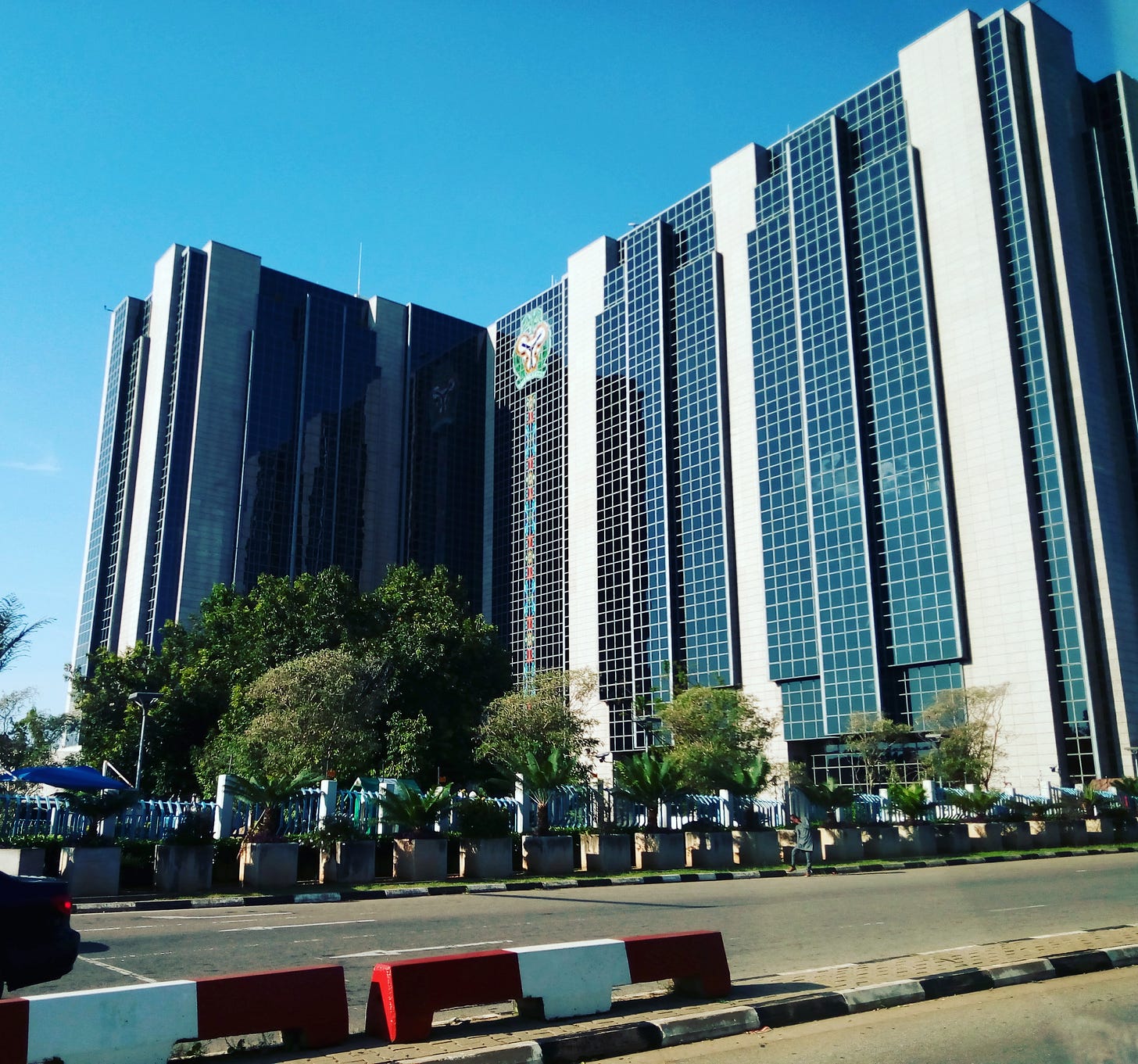🔅 Mayotte's Identity Crisis & Nigeria's Bank Scandal
Plus, Africa's Renewable Energy Dilemma and Ethiopia's Bitcoin Boom
Photo of the Day

Brief & Bright: Africa's Top Five
Mayotte: The French Island Grappling with Citizenship and Identity
In the azure waters of the Indian Ocean, the French island of Mayotte is stirring up a storm in the calm seas of citizenship laws. A speck of France floating closer to Africa than Europe, Mayotte has been part of the French government since 1841, enjoying the status of a département, or county, which in theory binds it to the same rules that apply in mainland France. But theory and reality are often ships passing in the night, especially when it comes to immigration.
The island's struggle with mass immigration has prompted President Emmanuel Macron's government to consider a move that's shaking the very pillars of Fance's 'Liberté, égalité, fraternité' moto.
During a weekend visit, Interior Minister Gérald Darmanin dropped a bombshell: the automatic right to French citizenship by birth on Mayotte is to be revoked. This pivot away from the principle of droit du sol (right of the soil) to potentially something more akin to jus sanguinis (right of blood) is a constitutional change aimed solely at Mayotte, leaving the rest of France untouched.
The heart of the matter lies in Mayotte's unique demographic challenges. A mere 70km from the Comoros islands, one of Africa's poorest corners, Mayotte is besieged by a relentless influx of asylum seekers from across the region. Case in point, hospitals on the island deliver over 10,000 babies annually, predominantly to mothers from outside Mayotte. As Mayotte's population balloons to an estimated 300,000, only half of whom hold French passports, tensions are simmering, and the island's plea for help has led to a controversial reevaluation of what it means to be French.
Nigeria's $6.2 Million Central Bank Heist
Nigeria finds itself embroiled in a high-profile financial scandal, complete with forged presidential signatures, international manhunts, and a staggering $6.2 million missing from the central bank's coffers. The mastermind? None other than the country's former central bank chief, Godwin Emefiele, if prosecutors are to be believed.
The story unfolds with Emefiele at its centre, facing a laundry list of 20 charges, the most sensational of which involves the illicit acquisition of $6.2 million. Despite the gravity of the accusations, Emefiele, who pleads innocence, is currently enjoying the relative freedom of bail, awaiting trial.
This is the most high-profile accusation of financial malfeasance since President Bola Tinubu assumed office, casting a long shadow over Nigeria's efforts to cleanse its image and tackle corruption head-on.
Africa's Renewable Energy Roadblock: The IMF's Tight Grip

Africa's ambition to harness its vast renewable energy potential is hitting a financial speed bump, according to TotalEnergies CEO Patrick Pouyanne. Insufficient government loan guarantees are a significant hurdle, according to him, with the International Monetary Fund (IMF) perpetually warning governments about their indebtedness and risks.
Although developers are eager to tap into Africa's renewable resources, they find themselves in a catch-22. They require government guarantees to mitigate the risk of non-payment, but African governments, already wary of deepening debt, are restrained by the IMF's advisories against such guarantees.
This constraint narrows TotalEnergies' African ventures to mostly business-to-business mining projects, where payment is more certain. As such, despite its extensive oil and gas operations across 40 African countries, TotalEnergies' ambitions for broader renewable investment in Africa face significant headwinds.
Pouyanne's call for an international financial body to offer counter-guarantees to African states reflects a growing sentiment: the need for a recalibrated approach that balances debt vigilance with the imperative of renewable energy development.
Bitcoin Bonanza in the Land of Origins: Ethiopia's Electric Avenue

Imagine Ethiopia turning into a paradise for Bitcoin miners, and you've got a story that sounds more like a tech utopian novel than real life. Yet, here we are, with the Grand Ethiopian Renaissance Dam lighting up not just homes but also the dreams of crypto miners. The dam's online debut is set to make Ethiopia the "it" place for Bitcoin mining.
Why Ethiopia, you ask? Well, for starters, electricity (powered by the new dam) there is as cheap as a garage sale TV, and it's almost entirely generated from renewable sources. Given that Bitcoin mining devours enormous amounts of energy, cheap and green power is like finding a gold mine without having to dig.
Then, you have Chinese mining firms who had been given the boot by their own government amidst a crypto crackdown and had since been globe-trotting in search of a new home. The fact that Ethiopia is China's BFF in terms of investment and debt doesn't hurt either. It's a win-win, with Ethiopia offering a cosy climate far from the stormy seas of China-US tensions (most global bitcoin mining is done in Texas).
Canary Islands' Unprecedented Migrant Surge

Spain's Canary Islands are hosting an increasing number of West Africans taking a perilous leap of faith across the sea to the Canaries. The number of landings has skyrocketed by more than 1,000% in January alone compared to the same time last year. We're talking about 7,270 souls braving the Atlantic's unforgiving waves, up from a mere 566 in January 2023.
This archipelago, usually buzzing with tourists, is now the epicentre of a migration phenomenon, setting a record with 39,910 arrivals last year. El Hierro, the tiniest dot in this island constellation, saw more new arrivals than its entire population of 9,000 in 2023.
Dubbed the deadliest route to Spain, this Atlantic voyage claimed 6,007 lives last year, according to the rights group Walking Borders.
Food for Thought
“Teeth do not see poverty."
— Masai Proverb




